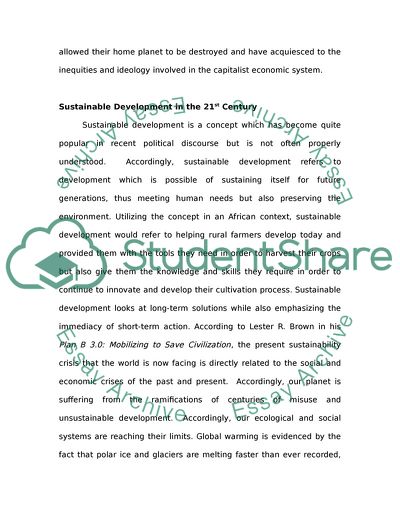Cite this document
(Elaborating the Interconnectedness of the Numerous Global Crises Essay, n.d.)
Elaborating the Interconnectedness of the Numerous Global Crises Essay. https://studentshare.org/macro-microeconomics/1729310-the-global-crisis
Elaborating the Interconnectedness of the Numerous Global Crises Essay. https://studentshare.org/macro-microeconomics/1729310-the-global-crisis
(Elaborating the Interconnectedness of the Numerous Global Crises Essay)
Elaborating the Interconnectedness of the Numerous Global Crises Essay. https://studentshare.org/macro-microeconomics/1729310-the-global-crisis.
Elaborating the Interconnectedness of the Numerous Global Crises Essay. https://studentshare.org/macro-microeconomics/1729310-the-global-crisis.
“Elaborating the Interconnectedness of the Numerous Global Crises Essay”. https://studentshare.org/macro-microeconomics/1729310-the-global-crisis.


